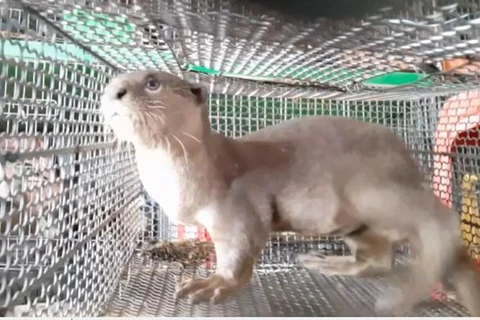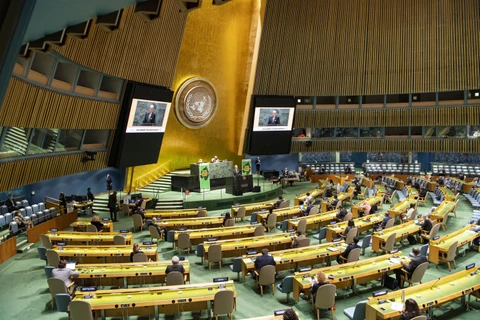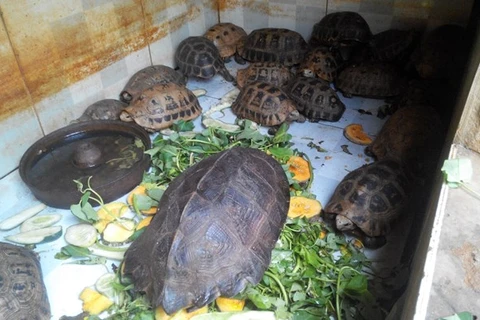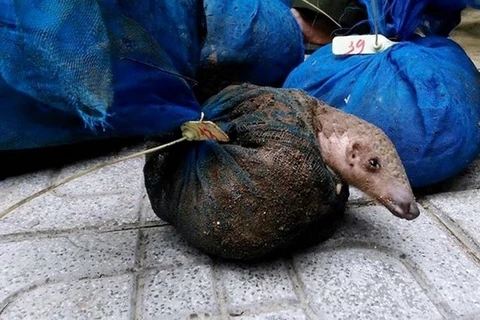Hanoi (VNA) - A webinar was held by the ASEAN Centre for Biodiversity and the Vietnam Environment Administration on November 19 to call on regional countries to join in efforts to conserve wildlife and effectively control animal-to-human disease transmission.
Participants discussed the risks to public health posed by the wildlife trade, especially emerging infectious diseases from animals. They also shared information and experience, discussed cooperation issues, and considered the feasibility of using the One Health approach in ASEAN’s efforts to fight COVID-19 and any future pandemics.
Initiated by the ASEAN Centre for Biodiversity, the webinar heard that the global population has doubled over the last 50 years while the global economy has increased almost four-fold and global trade ten-fold, resulting in growing energy and material demand. Human factors have greatly affected biodiversity at the ecosystem, species, and genetic levels.
The degradation of biodiversity has also had socio-economic and health impacts on societies, participants said, noting that diseases from wild animals, like H5N1, HIV, Ebola, and now COVID-19, have had an intensive and extensive effect on human life and the global economy.
General Director of the Vietnam Environment Administration Nguyen Van Tai said wildlife protection is not merely nature and biodiversity conservation but is also associated with public health activities.
It’s time for all people, countries, and regions to effectively promote conservation and proactively prevent animal-to-human disease transmission, he said./.
VNA

























